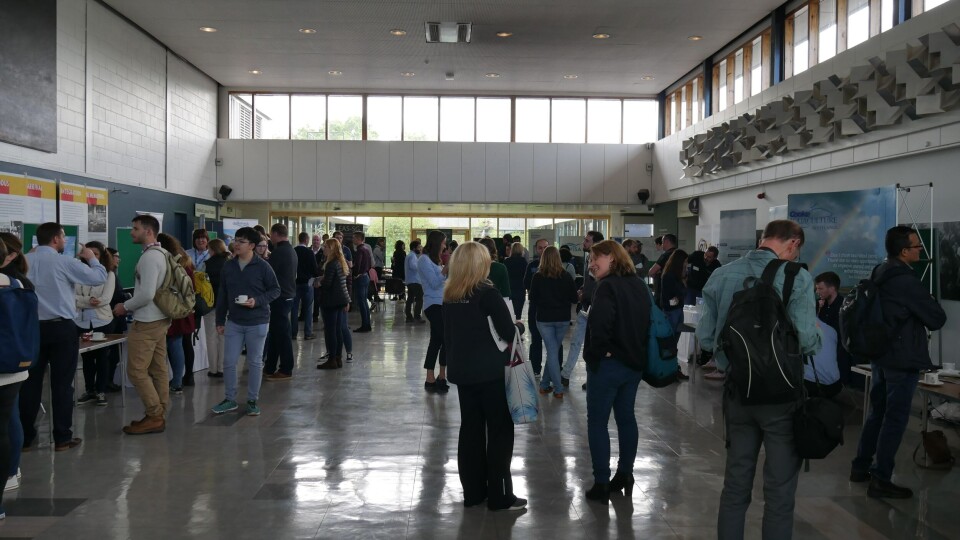
Experience is just the job, aquaculture students told
When it comes to finding employment in the aquaculture industry there’s no substitute for experience - even if it’s only for a couple of weeks.
That was the principal message relayed by several speakers at the Aquaculture Careers event organised by senior students at Stirling University’s Institute of Aquaculture (IoA) last week.
A willingness to spend a lot of time driving, often at short notice, was something else highlighted at the event to those students planning to become fish vets or technical salespeople, as was the importance of networking.
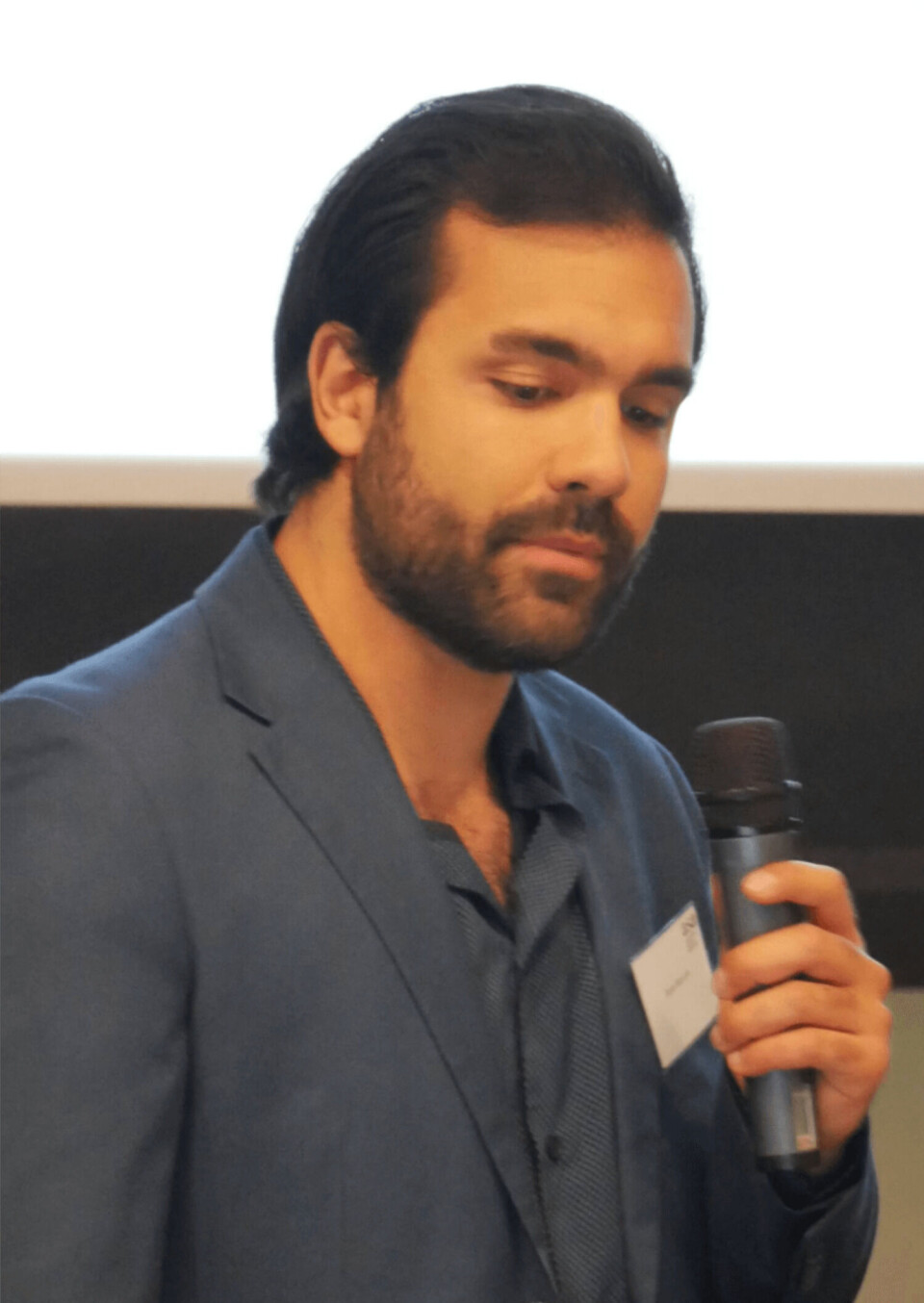
No better time
Stirling University head Selina Stead, who gave the opening speech, said the current focus on food security meant that there had never been a better time to be in aquaculture.
Scottish Sea Farms fish vet Darius Mascolo was the first of several former IoA alumni to give advice on securing the right job.
Mascolo said his own role involved a lot of clinical work, data analysis and reporting, and also R&D and attending international conferences.
Good communicators
He said students entering the industry had to be good communicators – “you never work alone, you’re always part of a team” – be able to show initiative and have flexibility and organisation because of the wide range of sites likely to be encountered.
“Don’t be afraid to take up a different role. There’s lots of roles that might not be exactly what you’re looking for,” said Mascolo.
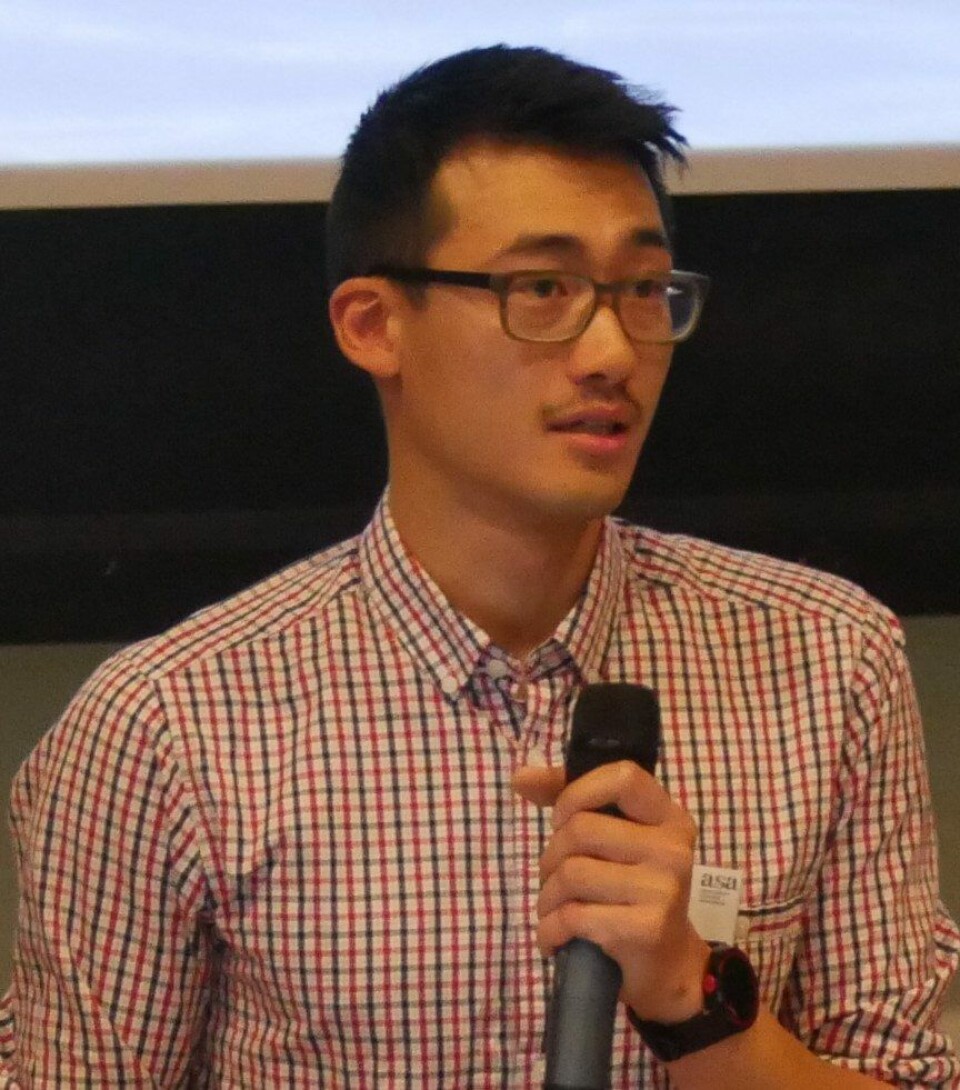
That sentiment was echoed by Paul Van, fish health manager at trout farmer Kames.
Husbandry job
Van, who graduated in Human Genetics before doing a PhD in Fish Immunology from 2014-18, said he started at Kames in a husbandry job rather than the fish health manager’s role he wanted, and moved into his current position after learning more about fish farming.
“When I first started, I didn’t have much experience of fish farming,” he said. The relatively small size of Kames meant he got involved in everything, even helping to build cages.
“Any fish farming experience goes a long way, anything from a week, a month, a year, it makes a difference to hiring managers,” said Van.
Skills identifed
“Don’t be scared to start in a position that’s not exactly where you want to be because people in the company will identify your skills.
“When you do get an interview, go in person but if that’s not an option phone or Skype are good options. I didn’t have a car at the time, so I rented one and drove there myself. You’ve just got to take the initiative.
“Sometimes you can still get to the end by a slightly different route, as long as you know what your goal is.”
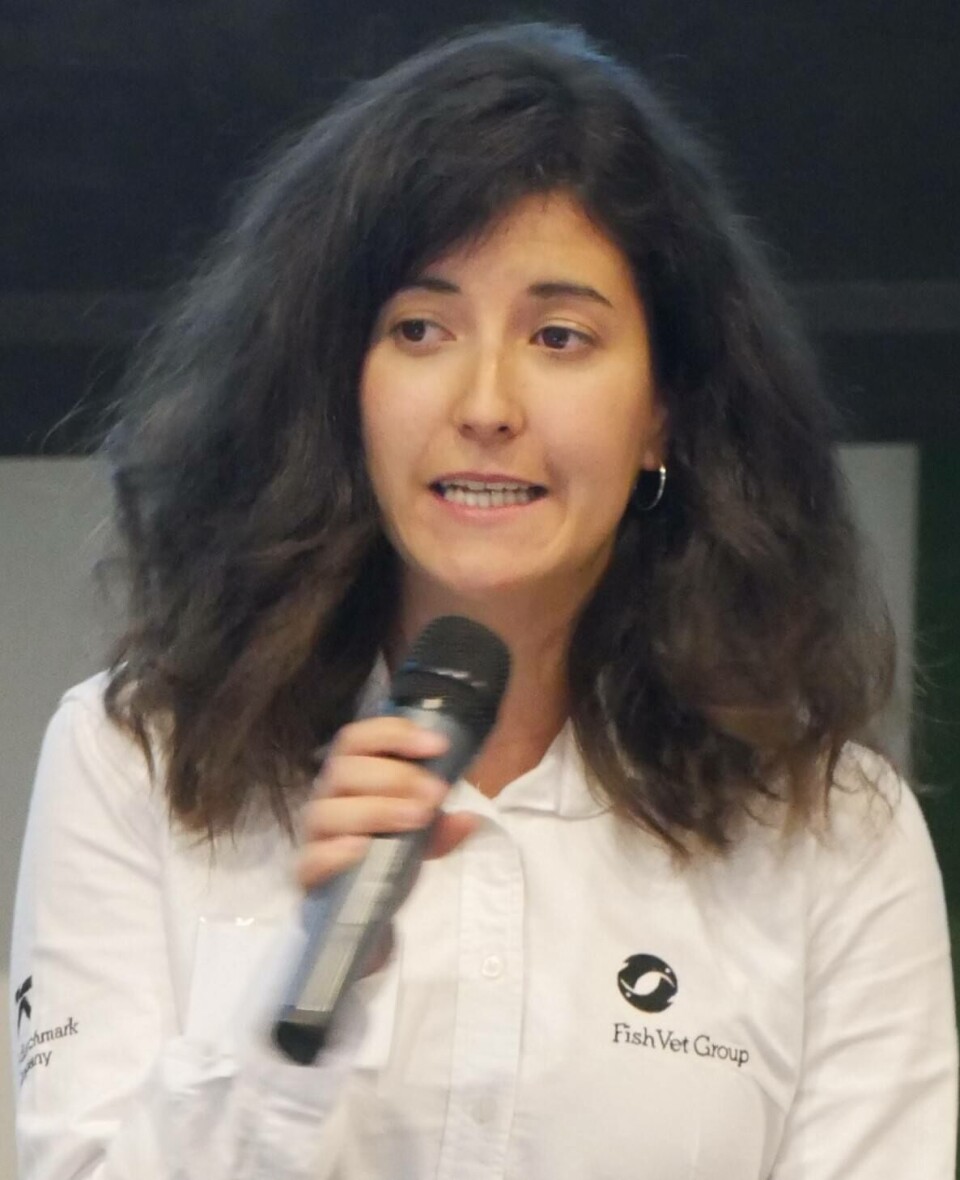
Virginia Iglesias, who now works for Fish Vet Group, gained a degree at the University of Murcia then worked for Dawnfresh at Kinnaird for six months before taking an MSc in aqua vet studies at Stirling. She has been at FVG since 2017.
She pointed out that there were many different opportunities for entering the industry, including pharma, feed, breeding, diagnostic companies and FVG-style consultants. “These are maybe less typical jobs, but they are important.”
Get your message across
Iglesias also pointed out the importance of students knowing their limitations. “If you don’t like travelling or driving, probably don’t work as a veterinary consultant because you’ll be travelling every single day.”
Communication is also important. “If the manager doesn’t get it, it probably isn’t going to happen, so you have to get your message across.”
The consultant also emphasised the value of experience. “Volunteer if you have to, to get work experience,” said Iglesias, who reassured her audience by adding: “Always remember that we all started as MSc students worried about getting a job…”
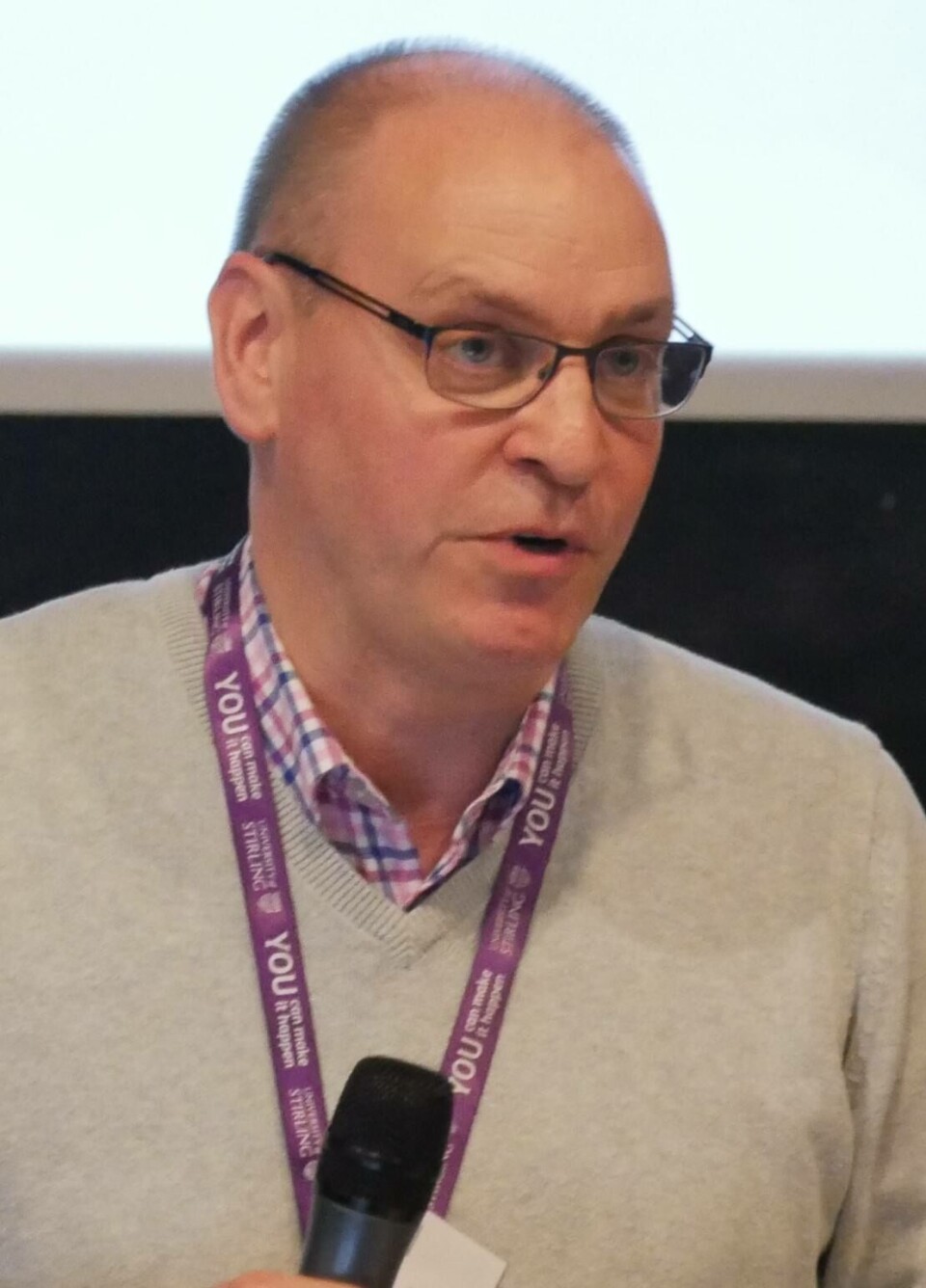
Be punctual
Other speakers included Nicholas Stinton, senior fish health inspector at Cefas, who graduated from the IoA in 1996; Julio Lopez, key accounts manager, Elanco, who graduated 30 years ago; and Antonias Chalaris, production manager for BioMar at Grangemouth.
His advice included the importance of punctuality.
“You might have the best CV in the world. If you are two minutes late you won’t get the job,” he warned.
James Dick, group leader of the Nutrition Analytical Service at Stirling, said the independent lab provided employment for BSc and MSc graduates while at the same time providing extra income for the university.
“People have stayed and worked for us for a year and then they’ve got employment opportunities,” said Dick.
Relationships are important
Iain Berrill, technical manager for the Scottish Salmon Producers’ Organisation (SSPO), showed a slide during his talk that illustrated the many organisations the salmon farming body was connected to.
“These are the connections that we in the industry have, but they are also great places to look for employment,” said Berrill, who did a PhD at Stirling.
“There are plenty of opportunities for people who want to enter the sector,” added the SSPO man, who said in such a close-knit industry “relationships are the most important thing”.
Berrill posed a question that students might have: how do I get a job when I’ve no experience and I’m overqualified?
“You shouldn’t be afraid to start at the bottom and work your way up,” he said. “Ours is a sector where experience is hugely valuable.”
Productive and informative
The event also gave the opportunity for students to speak to representatives of 15 aquaculture-connected companies who had set up stalls in the Institute.
Carolina Fernandez, an IoA PhD students and president of the Aquaculture Students’ Association that organised the careers day, said it was a productive and very informative event.
“I think that speakers this year hit the spot in terms of telling the students how to approach interviews and what is like to work in the industry,” said Fernandez.
Timing not great
“I would have wanted for more students to turn up, but the timing was not great. Last year’s event was earlier, therefore more students attended to the event.
“This year we could not make it earlier but I’m happy with the number of companies. We have more and more stalls every year and everyone was networking and making new contacts, which is what the event is all about.
“I would like to thank the Institute of Aquaculture and the Scottish Aquaculture Innovation Council for their support as we could not have made it without them. Being a small group of students, we need all the help we can get to get the students involved in such important events like this.”






















































